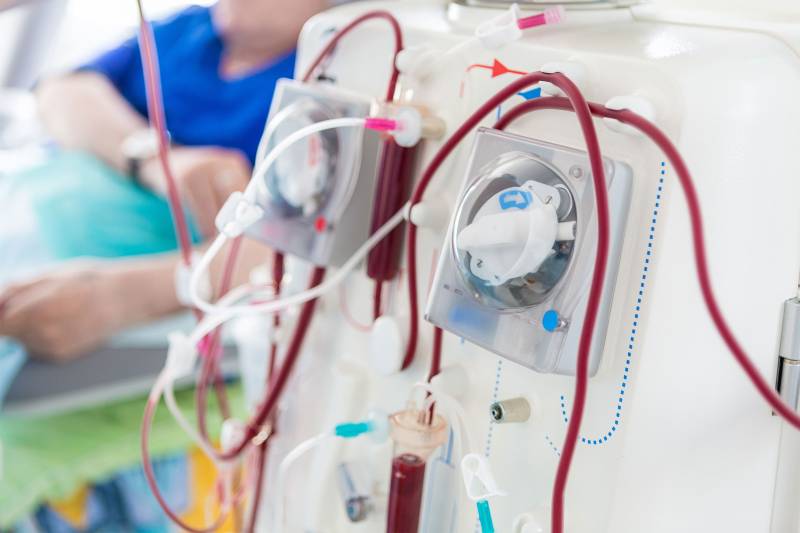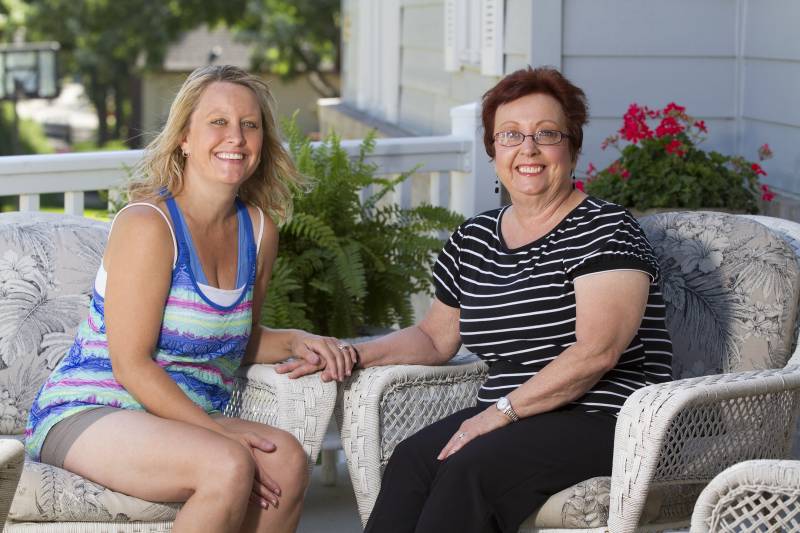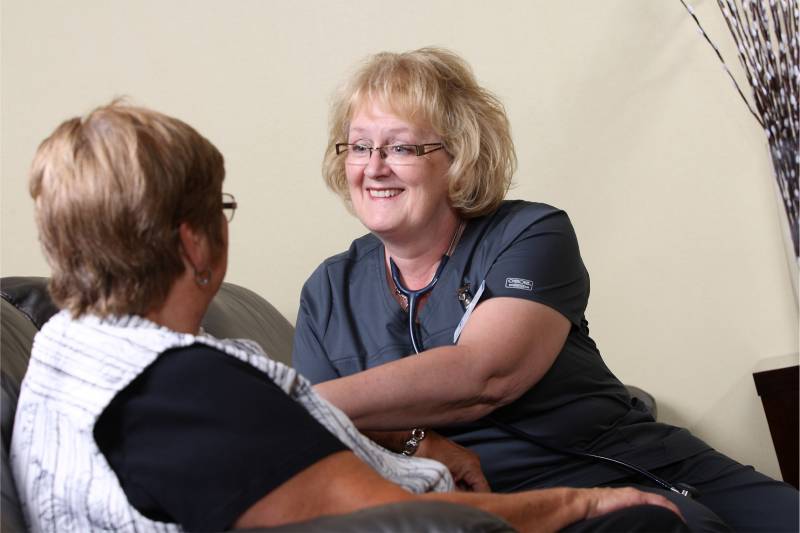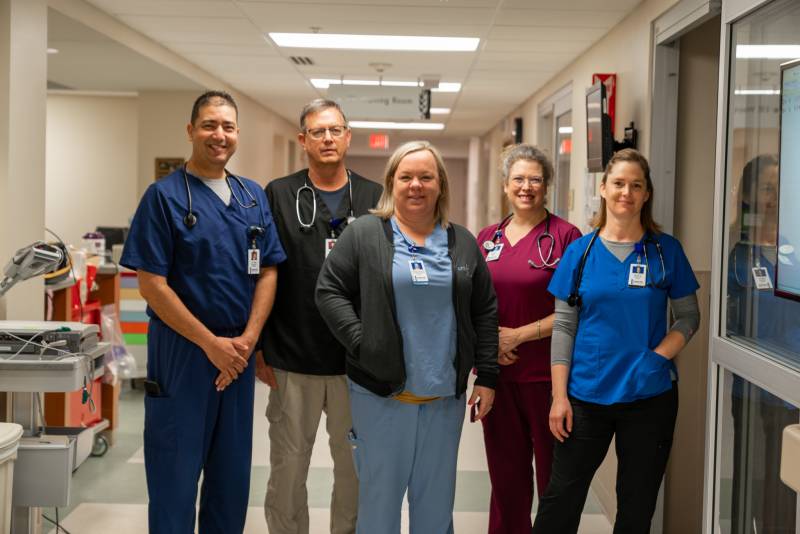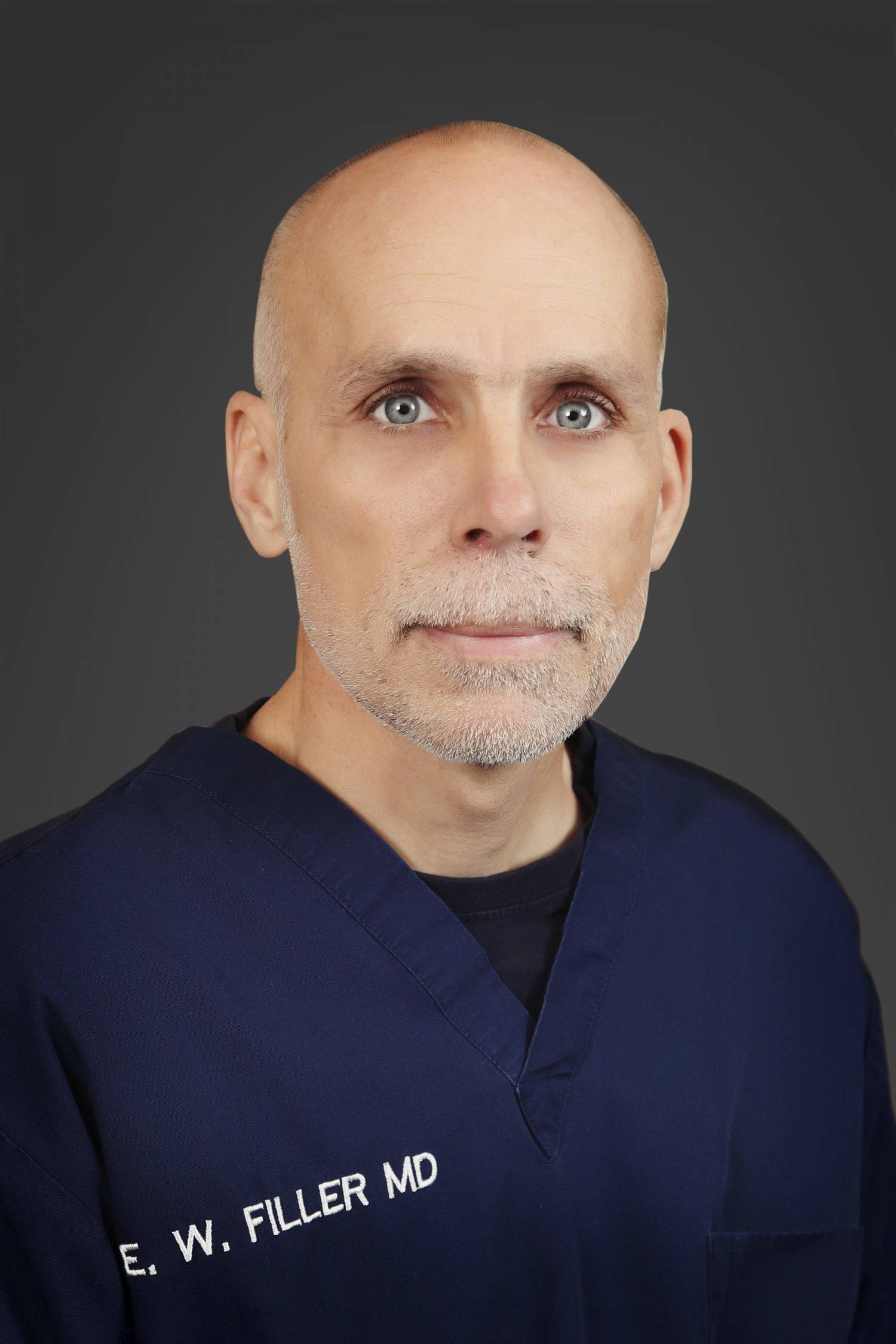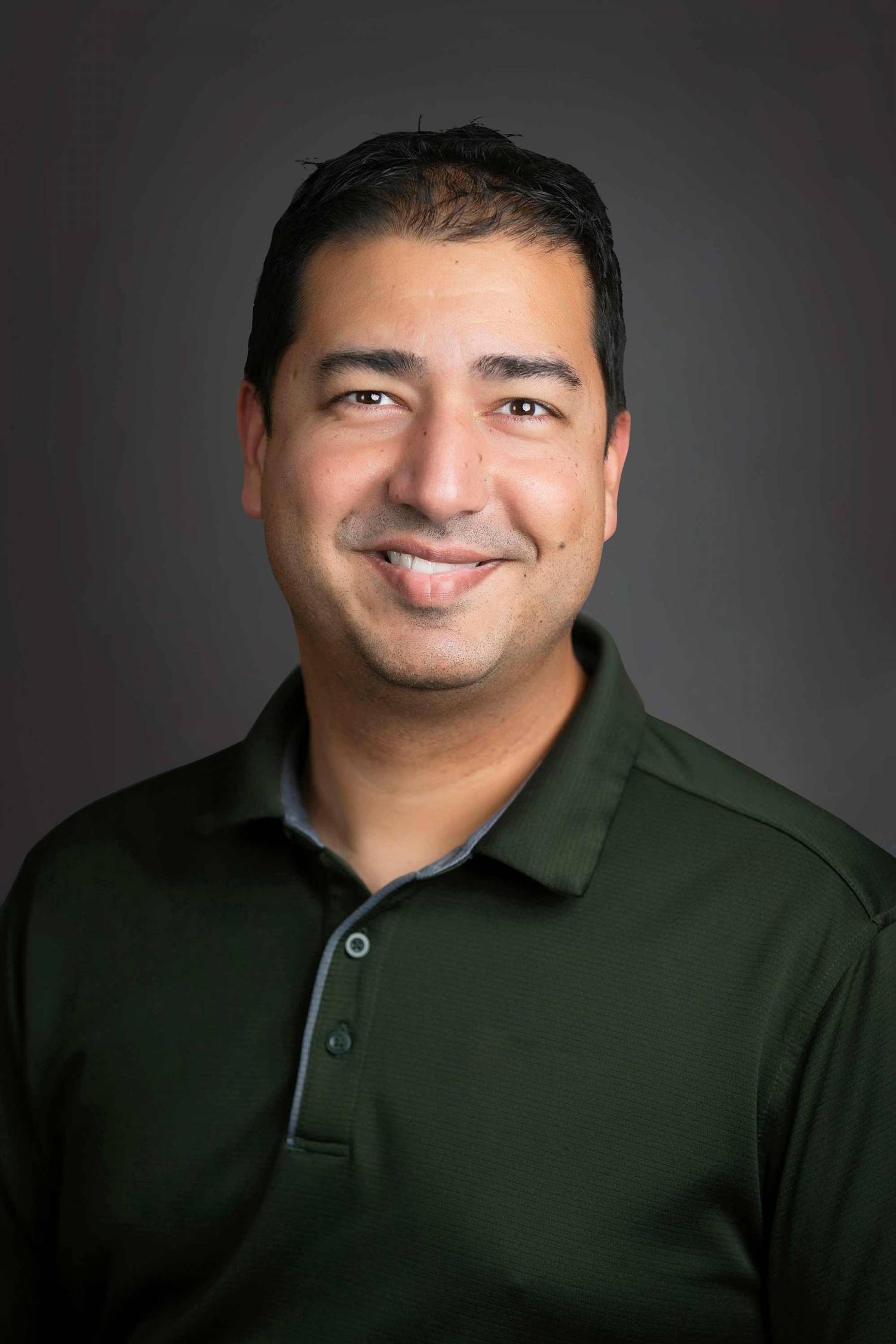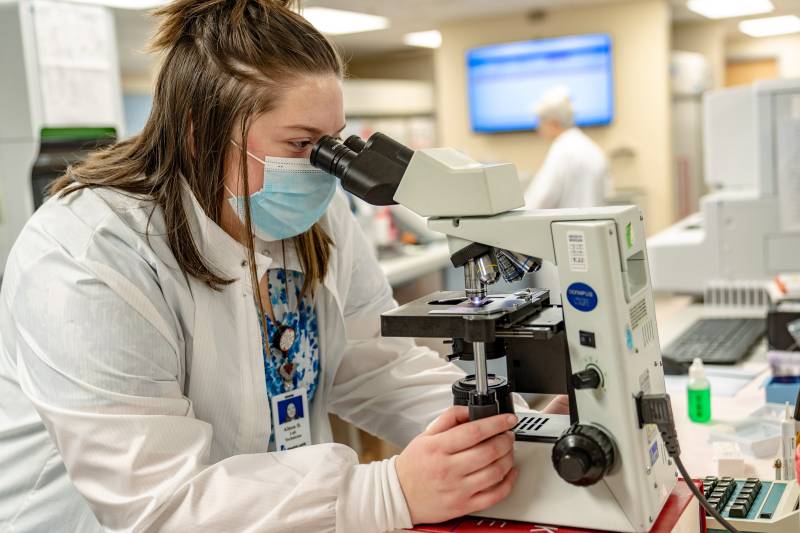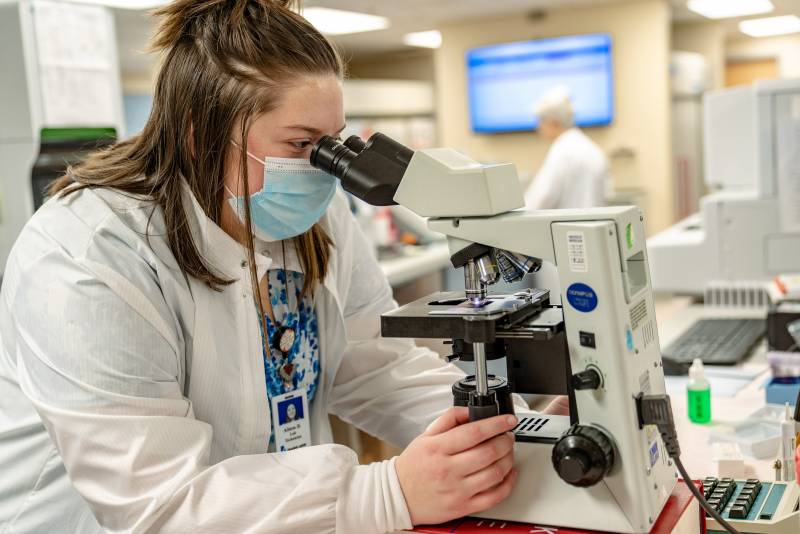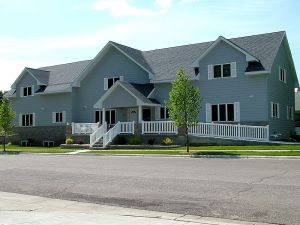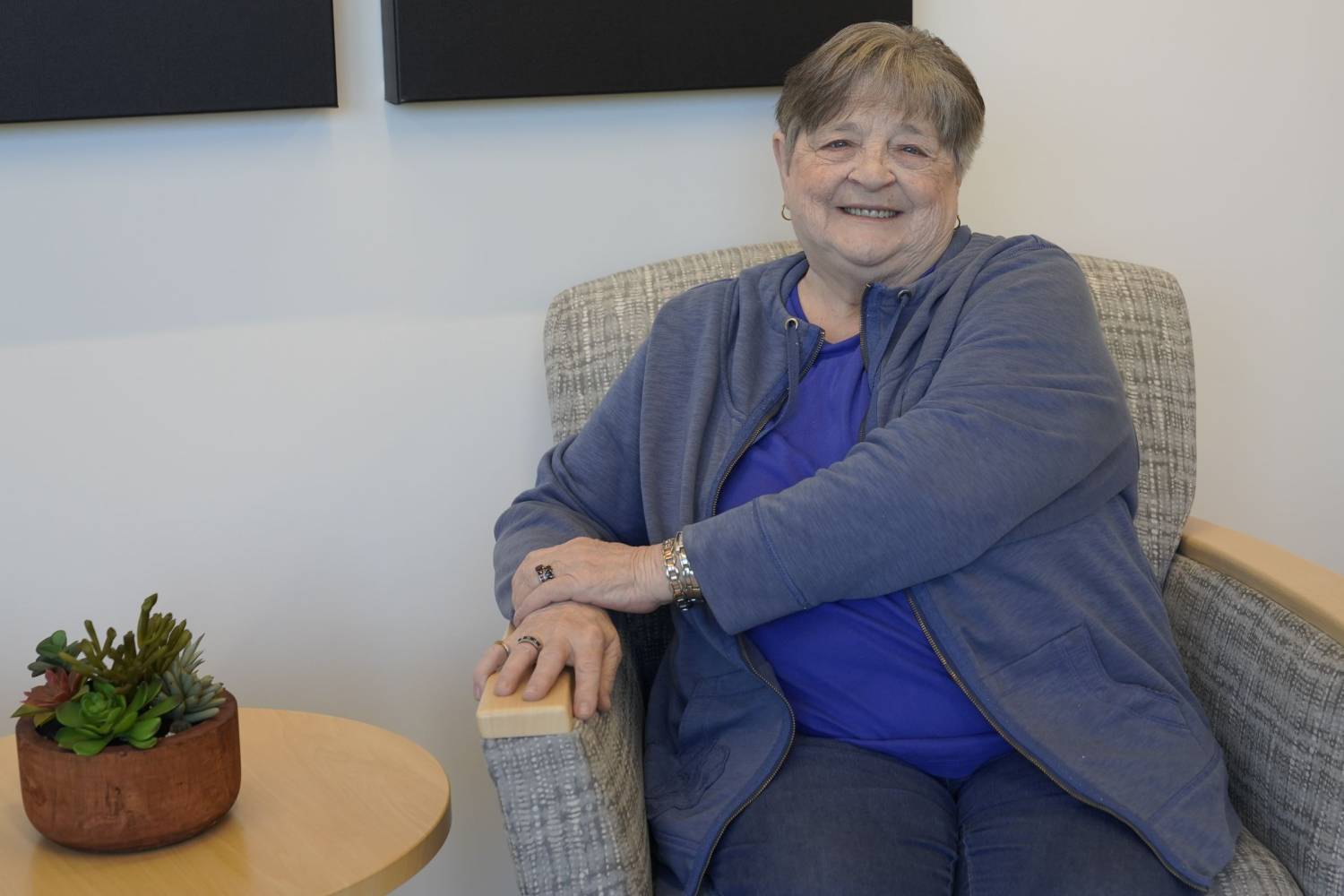Jack Hughes
Thursday, February 21, 2013
Bloodmobile
Your donation of blood makes a difference to people right here in the Watertown area. All of the blood donated at Prairie Lakes through the Community Blood Bank comes back to the hospital for our patients. The donation process takes 20–30 minutes.
Donors must:
- Be at least 17 years old (16 years old with signed parent consent form)
- Be in good general health
- Weigh 110 lbs. or more
- Eat and drink plenty of fluids prior to donating blood
- Bring an ID. An ID is required at the time of donation.
You may donate in the bloodmobile during one of Watertown's blood drives. Blood drives occur almost every quarter at Prairie Lakes Hospital. View the Community Blood Bank's calendar.
For more information, please call 605-882-7750.
Published in
Laboratory
Tagged under
Thursday, February 21, 2013
Kidney Dialysis
The job of the kidneys is to get rid of waste and excess water in the blood and help restore the chemical balance of the body. If a kidney is damaged, a person would need dialysis to "do the job" of a kidney. Dialysis can also quickly extract toxins or drugs from the system.
There are many reasons for kidney failure, including:
- Complications from diabetes
- Side effects of drugs
- Renal cancer
- Hypertension
- An accident
Patients are generally referred to a nephrologist prior to requiring kidney dialysis. When kidney function falls below 10 to 15 percent, dialysis is usually required. Patients will start one of two types of dialysis: Hemodialysis or Peritoneal Dialysis.
Dialysis Team
- Registered nurses
- Licensed practical nurses
- Technicians
- Social worker
- Registered dietitians
- Pharmacists
- Bio-medical technicians
- Medical Director, Tina Melanson, MD, FNKF, FACP
- Stefanie Roby, Certified Physician Assistant
- Chelsey Sundberg, Certified Nurse Practitioner
- Dialysis Director, Jan Hansen
The dialysis staff is very experienced and takes great pride in assisting the patients with their problems and any concerns whether they are physical, psycho-social, financial or otherwise. Dr. Tina Melanson, Stefanie Roby PA-C and Chelsey Sundberg CNP visit the dialysis units frequently and see patients at outreach clinics in the region.
Prairie Lakes Healthcare System owns and operates three dialysis units, located in:
- Watertown, SD
- Sisseton, SD
- Ortonville, MN
All of our facilities are open to all patients and accept visitors for treatments when possible. For more information or to schedule an appointment, please call 605-882-5455. For general information, please contact the Prairie Lakes Kidney Dialysis Department at 605-882-7905.
Published in
Kidney Dialysis
Tagged under
Thursday, February 21, 2013
The support you need.
Medical, personal, emotional, spiritual and grief needs all converge when patients and family face a terminal illness. Hospice at Prairie Lakes Healthcare System is a not-for-profit organization that meets all of these in a sensitive, caring, meaningful way.
Hospice staff and volunteers are dedicated to enhancing the quality of life of a terminally ill patient while respecting the patient's and family's right to make decisions that affect their life and death. Physicians, nurses and social workers provide medical help and counseling to ease both physical and mental pain.
Prairie Lakes Hospice is approved and certified by Medicare. Hospice care begins when the physcian's prognosis states the patient has six months or less to live. At that point, the focus of treatment becomes the relief of pain and symptoms, rather than aggressive treatment toward a cure.
Hospice's total support system provides skilled nursing care and much more. Families tell us our care makes a critical difference in their lives at a very critical time for the family. These are the hallmarks of our care:
- We work with the whole family, not just the patient.
- We recognize that psychological and spiritual needs are as important as physical needs.
- We can coordinate home care services.
- We offer inpatient and physician-directed services.
- We offer a variety of interdisciplinary, integrated services.
- We have nurses available around the clock.
- We have dedicated, understanding volunteers.
- We help the survivors work through their grief.
Questions and answers
When should I go into Hospice?
If your doctor tells you that you have six months or less to live, and the focus of care becomes pain relief and comfort, Hospice care can help you along the potentially difficult path ahead. Some patients, once their pain is eased, continue to live beyond the doctor's prognosis. If you meet the medical guidelines, you will continue to receive Hospice care.
What do you provide?
First of all, we make sure your medical needs are addressed. Your Hospice nurse is specially trained in pain control and symptom management. We work with you in your home, making sure your equipment, your medications and your supplies are adequate. We also educate you and your care givers, and our nurses are available 24-7.
Then we make sure you personal needs are addressed. We have certified nursing assistants to help with eating, bathing and other day-to-day needs.
Emotional and spiritual care are just as important. Our social workers help you manage the stress of dealing with life-ending medical conditions. If you wish, we can also put you in touch with our chaplain who can work directly with you or serve as a link to your church community. Our volunteers will keep you company: playing cards, reading you the newspaper or just having a conversation. Later, Hospice grief specialists help your family in the weeks and months of bereavement.

Can I afford Hospice?
You don't need to worry. Medicare, Medicaid, the Veterans Administration and many private insurance plans have varying Hospice benefits that cover medications, equipment, supplies and care related to terminal illness. And if you have no form of payment at all, Hospice at Prairie Lakes Healthcare System will provide you the services you need.
What about caregivers?
Your caregiver -- usually a spouse or adult child -- has a big job. This person will be the link to the Hospice staff and take care of the day-to-day things you can no longer do. Your caregiver will also be the first to notice changes in your condition and report those changes to your medical providers.
Hospice staff will help your caregiver with:
- Instructions for patient care
- Emotional support and respite care
- 24-7 nursing support
- Grief counseling
For more information, call Prairie Lakes Hospice at 605-882-7745.
Published in
Hospice
Tagged under
Thursday, February 21, 2013
Make staying at home possible.
We recognize that caring for a loved one who is still living at home is difficult sometimes. Providing the care needed on a regular basis may not be realistic for family members. Prairie Lakes Home Health can help by providing professional nursing or personal care services - all in the comfort and privacy of the individual's home.
Types of services offered:
- Nursing care
- Therapy services
- Social services
- Personal care
Specific services may include:
- Simple dressing changes
- I.V. therapy
- Rehabilitation therapy
- Emotional support
- Personal grooming
- Exercise
- Other needs as directed by your doctor
There are several advantages to Prairie Lakes Home Health. Because these services take place in the home, they cost less than if the services were provided in a hospital or nursing home. Another advantage is convenience. Home care visits are planned around your loved one's schedule, providing flexibility and control.
Insurance
When ordered by a physician, Prairie Lakes Home Health services are certified to receive reimbursement from Medicaid and Medicare. Many other insurance companies make home care benefits available to policyholders. Our home care staff will gladly check individual benefits for you.
Location
Prairie Lakes Home Health is headquartered at Prairie Lakes Hospital in Watertown. Our services are available to residents in Codington, Clark, Hamlin, Grant, Deuel, Day and Roberts county, regardless of age, race, color, religion or national origin.
For more information about in-home services, contact Prairie Lakes Home Health at 605-882-7745.
Published in
Home Care
Tagged under
Wednesday, February 20, 2013
24/7 Emergent Care
The emergency team at Prairie Lakes is here for you 24 hours a day. Prairie Lakes’ goal is to provide you with the best possible care in the shortest amount of time. Depending on the time of day, the severity of your illness or injury, and treatment plan, your visit to the ER could last several hours. Specialists are on call to meet the needs of patients in many areas, including:
- Orthopedics
- Obstetrics
- General surgery
- Internal medicine
- Family practice
- Cardiology
In addition to trauma and life-support training, the emergency team is trained in basic cardiology, advanced cardiac life support, advanced pediatric life support, and care of trauma patients.
Emergency Services
To meet the needs of the 12,000 patients who come through the ER doors each year, our ER has:
- Twelve exam rooms, including a trauma bay
-
A central nurses station, strategically placed for optimal patient care
-
A private waiting area for critical patient family members
-
Additional space for patient support
- A Cath Lab with stent placement capabilities
Published in
Emergency Services
Tagged under
Thursday, February 21, 2013
Onsite services
Prairie Lakes Laboratories provide 24-hour clinical testing and pathology services for inpatients and outpatients. Having our own labs speeds up the time results are shared and results in lower costs for you.
Common lab tests:
- Cholesterol
- HDL
- PSA
- Glucose
- Urinalysis
The staff provides routine and specialized analysis of blood, body fluids and tissues. Lab departments include histology for tissue studies, chemistry, special chemistry, blood bank, bacteriology, phlebotomy, hemostasis, serology, and hematology.
Routine Lab Appointments at Prairie Lakes Brown Clinic
Northridge Location:
- Lab Hours: 6:30 am - 5:00 pm (Note: longer waits will be experienced 6:30 a.m. - 7:30 a.m.)
- Collections will be on a first-come, first-serve basis.
- Non-fasting labs can be collected any time between 6:30 am - 5:00 pm at the Prairie Lakes Brown Clinic Northridge location.
- Lab samples should be collected a minimum of 1-2 hours prior to your appointment with the Provider.
- For your convenience, you can come up to 2 days prior to your scheduled appointment with your Provider.
Fasting Instructions
Water only for 12 hours prior to lab collection.
Questions
If you have any questions, please call Prairie Lakes Brown Clinic at 605-886-8482.
Order your own lab test:
The public has the opportunity to pay for lab tests directly without a physician referral via the Read more.
Donate Blood:
Your donation of blood makes a difference to people right here in the Watertown area. All of the blood donated at Prairie Lakes through the Community Blood Bank comes back to the hospital for our patients. The donation process takes 20–30 minutes. Read more
Published in
Laboratory
Tagged under
Thursday, February 21, 2013
Stroke Screening
Stroke is the third leading cause of death in the United States and the number one cause of disability. Many people who suffer a stroke had no warning prior to it. Know your risk with a stroke screen.
Ultrasound stroke screenings are non-invasive studies of the carotid arteries, aorta and leg vessels to aid in the detection of potentially life-threatening conditions or pre-stroke symptoms. Four ultrasound screenings are available at Prairie Lakes Healthcare System:
- Carotid Artery: scans carotid arteries in the neck for plaque build-up, which can lead to stroke.
- Abdominal Aortic Aneurysm: scans for abdominal aneurysms most people don't know they have. Abdominal aneurysms can rupture and possibly be fatal.
- Peripheral Arterial: scans for plaque build-up in the legs that causes leg pain and is linked to coronary artery disease. The study checks the ankle brachial index blood pressure that could indicate a higher risk of peripheral arterial disease.
- Heart Rhythm: A test using EKG electrodes are placed on the chest to identify the presence of an abnormal rhythm.
Each of the scans takes less than 15 minutes to perform.
Consider the stroke screen if you have two or more of the following risk factors:
- Over age 40
- Family history of heart disease or stroke
- High cholesterol
- History of smoking
- High blood pressure
- High stress levels
- Sedentary lifestyle
- Diabetes
- Overweight
Both Men and Women 40-70 years of age are eligible for stroke screen. Cost is just $45, no physician's order is needed. You can make the appointment at your convenience by calling 882-7690. Anyone under 40 years of age must have a physician order to participate.
Thursday, February 21, 2013
Target Heart Screening
Now you can take your heart's health into your own hands. The Target Heart program includes four tests: CT Calcium Score, Blood Pressure Reading, Lipid Panel and Blood Glucose Test. These will help determine if you're at risk for heart disease.
Tests:
 Cardiac Scoring Screening -- This is a non-invasive, painless screening performed by certified radiology technologists on the state's first 64-slice CT scanner. The study is sent to your physician. This screening helps identify calcium deposits in the arteries that may lead to a heart attack.
Cardiac Scoring Screening -- This is a non-invasive, painless screening performed by certified radiology technologists on the state's first 64-slice CT scanner. The study is sent to your physician. This screening helps identify calcium deposits in the arteries that may lead to a heart attack.
Lipid Panel -- A blood test that is collected and processed by credentialed laboratory professionals. The profile helps detect inflammation that may be associated with increased risk for heart attack and/or stroke in people with elevated cholesterol levels. Tests included in the profile are cholesterol, HDL, LDL, triglyceride, highly sensitive CRP, and a homocysteine. An overnight fast is required for this profile.
Blood Pressure Reading -- Elevated blood pressure increases the risk of heart disease and stroke.
Blood Glucose Test -- Measures the amount of a type of sugar (called glucose) in your blood to determine if your blood glucose level in within healthy ranges.
Consider Target Heart if you have any of the following risk factors:
- Family history of heart disease
- High cholesterol
- History of smoking
- High blood pressure
- High stress levels
- Sedentary lifestyle
- Diabetes
- Overweight
- Postmenopausal female
The cost is just $45. No physician's order is needed. You can make the appointment at your convenience by calling 882-7690. This screening is recommended for men and women within the age range of 40-70 years old. Anyone under 40 years of age must have a physician order to participate.
Kevin Kannas' Story
Published in
Radiology
Tagged under
Thursday, February 21, 2013
Public Direct Access Lab Testing
We offer the public an opportunity to have laboratory tests performed right on site at the Prairie Lakes Laboratory.
These tests are not meant to take the place of regular medical care. Participants are encouraged to share their test results with their healthcare provider. Test expense can not be filed with insurance or Medicare. PLHS Lab will not forward any results to the participant's physician.
Available Tests:
Beta hCG - $15.00
Beta hCG is routinely used to confirm pregnancy.
Cholesterol - $10.00
Cholesterol testing is recommended as a screening test to be done on all adults at least once every five years. It may be ordered alone or with another test called a lipid profile. Cholesterol tests are taken to understand if you are at a healthy cholesterol level, and if not, to track any efforts at lowering your levels to deter heart disease.
Results are grouped in three categories:
- Desirable: A cholesterol below 200 mg/dL is considered desirable and reflects a low risk of heart disease.
- Borderline High: A cholesterol of 200 to 240 mg/dL is considered to reflect moderate risk. Your doctor may decide to order a lipid profile to see if your high cholesterol is bad cholesterol (high LDL) or good cholesterol (high HDL). Depending on the results of the lipid profile (and any other risk factors you may have) your doctor will decide what to do.
- High Risk: A cholesterol above 240 mg/dL is considered high risk. Your doctor may order a lipid profile (as well as other tests) to try to determine the cause of your high cholesterol. Once the cause is known, an appropriate treatment will be prescribed.
Lipid Panel - $25.00
A full lipid panel is performed if details are needed about your cholesterol levels. This test includes an HDL level, LDL level and triglycerides level. An overnight fast is required for this test.
Glycated Hemoglobin - $15.00
The test screens for A1C, which indicates how well you have controlled your diabetes over the last few months. Even though you may have some very high or very low blood glucose values, A1C will give you a picture of the average amount of glucose in your blood over that time period. The result can help you and your doctor know if the measures you are taking to control your diabetes are successful.
Hemoglobin/Hematocrit - $5.00
This test is used to determine your general health status and to screen for the following:
- Anemia and infection
- Nutritional status
- Exposure to toxic substances
Complete Blood Count (CBC) - $15
A CBC test helps determine general health status and screens for anemias and viral/bacterial infections.
PSA - $35.00
This test measures the amount of prostate-specific antigen (PSA) in your blood. High PSA levels can indicate prostate cancer. Measuring the ratio of free-PSA to total PSA in the patient's blood provides additional information that helps your doctor distinguish prostate cancer from benign prostatic hypertrophy (BPH) and other non-cancer-related causes of high PSA. This ratio may also help predict whether the prostate cancer is an aggressive, fast-growing disease or a slow-growing non-aggressive form of the disease.
When is it ordered?
The American Cancer Society recommends annual PSA and digital rectal exams for all men beginning at age 50. Men who have an increased risk for prostate cancer, such as American men of African descent and men with a family history of the disease, should start getting tested earlier - usually at age 40 or 45.
TSH - $25.00
A TSH test measures the amount of thyroid stimulating hormone (TSH) in your blood. This test would be performed to:
- Diagnose a thyroid disorder in a person with symptoms
- Screen healthy adults for thyroid disorders as recommended by the American Thyroid Association
- Screen newborns for an underactive thyroid
- Monitor thyroid replacement therapy in people with hypothyroidism
- Diagnose and monitor female infertility problems
Free T4 - $15
This test is normally used in conjunction with the TSH test to help differentiate between hyper- and hypohyroidism.
Urinalysis - $10.00
Urinalysis can be used to reveal diseases that have gone under the radar because they do not produce obvious signs or symptoms. Urine is collected in the lab and tested for an array of disorders, including urinary tract infection, kidney disease and diabetes. Results should be evaluated by a physician or other healthcare practitioner to determine if further testing is needed.
Comprehensive Metabolic Panel - $35
This is a general wellness test that screens for many diseases related to the kidneys, bones, liver, GI tract, and nutrition levels. An overnight fast is required for this test.
Basic Metabolic Panel - $25
A Basic Metabolic Panel screens for many diseases related to the kidneys and GI tract. An overnight fast is required for this test.
Glucose - $10.00
Diabetes is a common disease that begins with few symptoms. Glucose testing can be used to screen healthy individuals for diabetes. Or, screening can occur if you are at high risk for developing diabetes or if you develop symptoms that suggest diabetes. Individuals who are overweight, over 40-years-old or have a family history of diabetes are at high risk. If you develop excessive thirst, sudden weight loss, and frequent urination, these symptoms can point to diabetes. When these symptoms appear, a person may have already had diabetes for several years. Another reason for the screening is a temporary type of diabetes called gestational diabetes, which can develop when a woman is pregnant. An overnight fast is required for this test.
Walk-ins are welcome during business hours Monday through Friday or by appointment. For more information on the Prairie Lakes Direct Lab Access program, please contact the Prairie Lakes Laboratory Department at 605-882-7750.
Published in
Laboratory
Tagged under
Thursday, February 21, 2013
Caring Club House
We know it's nice to have a "home away from home." If you or a loved one is in the hospital, receiving treatment or undergoing rehabilitation, we have an affordable, comfortable place for you to stay and unwind. Night or day, the Caring Club House is open and is conveniently located on the Prairie Lakes Healthcare System campus.
Where Did the House Come From?
Prairie Lakes Healthcare Foundation worked together with Lake Area Technical Institute's Building Trades class to build the Caring Club House. Construction of the home began in the fall of 2002 and was completed in May of 2003 - the first guests were welcomed October 7, 2003. As a way to thank our campaign contributors, a list in honor of their gracious gifts is permanently and prominently displayed in the Caring Club House.
How Much Does it Cost?
The Caring Club House operates much like a residential home with ongoing expenses such as utility bills, maintenance expenses and provisions that will help make our guests as comfortable as possible during their stay. Guests are asked for a donation of $10 per person and $3 for each additional guest per family per night. Your generous donation will help pay these utilities and help furnish the house with needed items. With your help, our guests will enjoy a convenient, comfortable and affordable place to stay during their medical situation. No one will be turned away due to inability to pay.
What Can I Expect When I Arrive?
It is our goal for this handicap-accessible house to look, feel and function like a home while providing our guests warmth and comfort during what may be a very difficult time.
The Caring Club House offers the following:
- Private guest rooms
- Bathrooms
- Telephone/television
- Laundry facilities
- Kitchen and dining area
- Lounge and recreation area
For more information about this important community benefit, please call 605-882-6888 or the Caring Club House Caregiver at 605-868-1868.
To make a reservation to stay the night at the Caring Club House, please call 605-882-6888.
Published in
Patient & Visitor Information
Tagged under
We See You living your life
And we're here for you with the latest technology and medical expertise you need to live your best life possible.
Orthopedics
Glacial Lakes Orthopedics is now Prairie Lakes Orthopedics.
Join Our Team
Over 600 staff members and 200 volunteers make our regional healthcare system one of the top rural health systems.
Available Services
Prairie Lakes Healthcare System offers a wide range of medical services for people who call northeastern South Dakota and western Minnesota home.
Surgical Services
Our team is here for urgent procedures like appendix removal and scheduled surgeries like joint replacement.
Dermatology
Feel good about your skin’s health. Our specialists offer individualized treatment plans and cosmetic options.
We can help you find a doctor. Call 605-882-7000 or search online.
